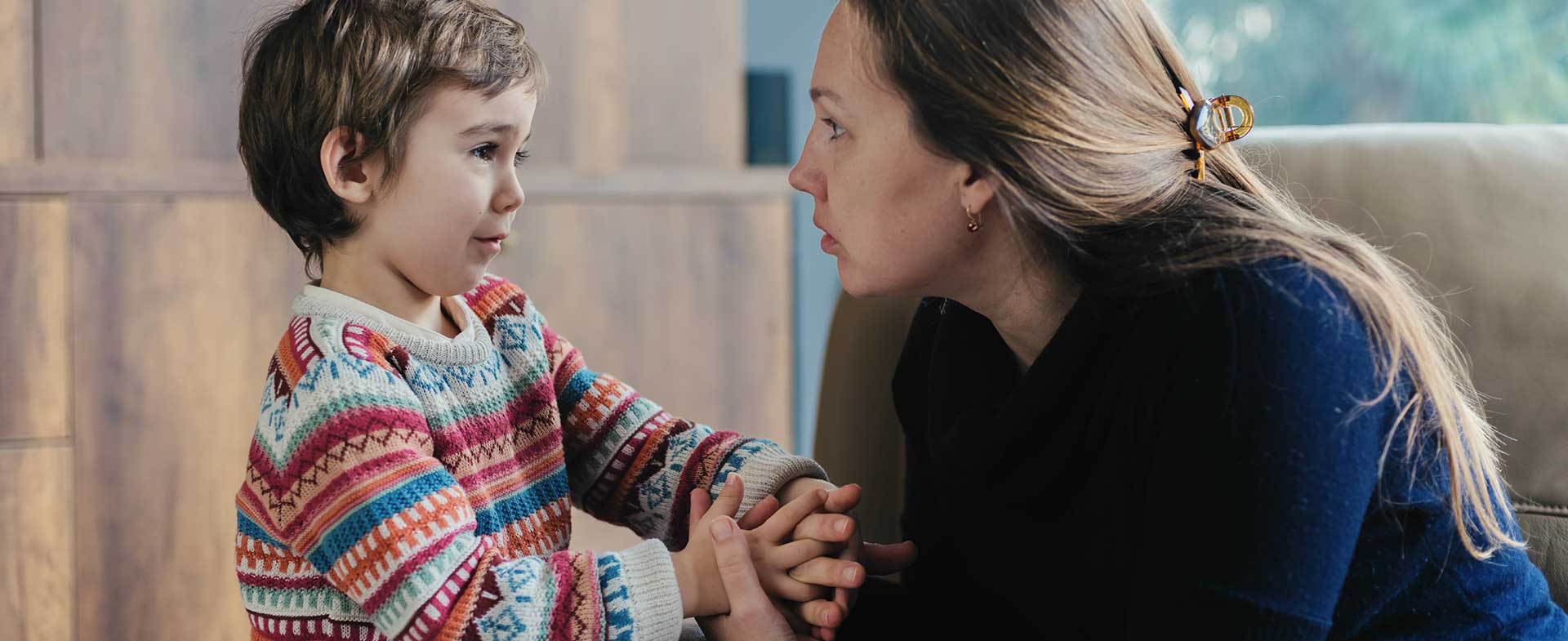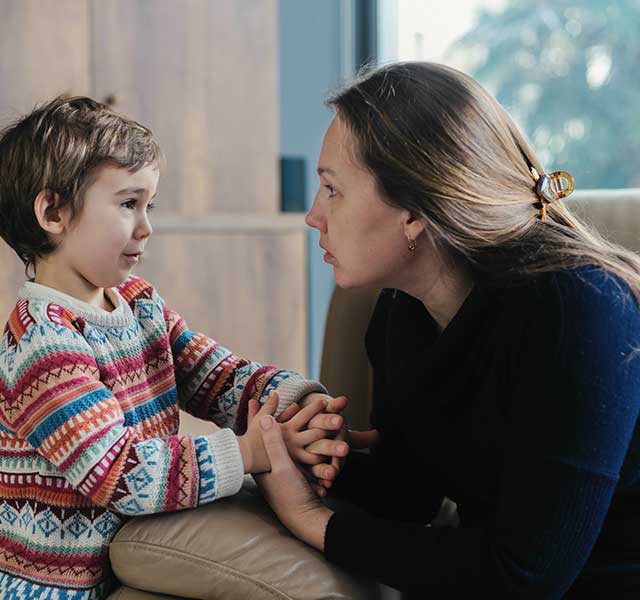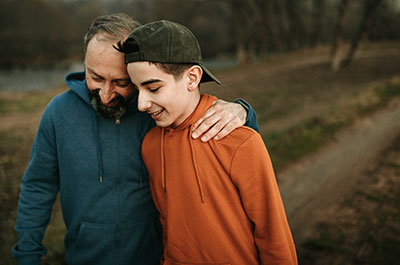Sadly, the world isn’t always a safe place. And as a parent, you can’t always be at your child’s side to protect them. That’s why it’s important to equip them with the knowledge and strategies they need to help keep themselves safe.
“I try not to use the phrase ‘stranger danger,’ when talking about safety with kids,” says Stacy L. Leatherwood, M.D., a pediatrician at Henry Ford Health. “Instead, I emphasize that strangers can be unsafe, but sometimes so can people we know.”
What’s The Right Age To Talk To Kids About Stranger Danger?
As with most important parenting topics, this is a discussion you should start early and continue often as your child gets older. “Keep the conversation age-appropriate,” says Dr. Leatherwood, “but start it when your kids are just toddlers.”
At that age, you can focus on teaching them the correct names for all their body parts and information on safe and unsafe touch. “Very little kids can understand that’s it’s okay for mommy or daddy to touch their private areas while helping them bathe, or for a doctor to do so while mommy or daddy is in the room,” says Dr. Leatherwood. “But that it’s not okay for other people or in other settings.”
As your child gets older, teach them important information that can help keep them safe if they get lost—including their full name, their parents’ names and their parents’ phone numbers.
Practicing Stranger Safety
Make sure your children understand boundaries and feel empowered to speak up in situations that don’t feel right. That can start with giving them autonomy over their bodies. “If your child doesn’t want to hug grandma or sit on grandpa’s lap, the adults need to respect that choice,” says Dr. Leatherwood. Help your child come up with a greeting that feels comfortable for them—whether that’s a hug, a fist bump or a high five. And don’t let relatives pressure your child into a greeting they aren’t comfortable with.

Need A Pediatrician?
When a child feels empowered to take care of their own body and listen to their gut, they’re more likely to make safe choices out in the world. It can also help to practice what to do in a variety of different scenarios.
“Role-playing can be a good tool,” says Dr. Leatherwood. “When you’re in the grocery store, have your child play out what they would do if they got separated from you, who they could go to and what to say.” For example, you could encourage them to locate a store employee, a security guard or another mom and ask for help.
To help build confidence with strangers enough that they could effectively get help if they needed it, give kids chances to safely assert themselves. “I have my son order for himself in restaurants or interact with a clerk at a store when I’m there with him,” says Dr. Leatherwood.
Navigating Tricky People
“Kids are so naturally trusting,” says Dr. Leatherwood. “But it’s important for them to understand that while most people are good, not everyone is.” That means teaching them to recognize some red flags, avoid certain situations and not be afraid to trust their instincts.
These lessons can include things like:
- Never get in a car with an adult you don’t know.
- Don’t accept candy or gifts from an adult you don’t know (unless your parent is there and says it’s okay).
- It’s not okay if an adult (even one you know well) asks you to keep a secret, touches you in a private area or asks you to touch them.
- If you’re ever in a situation that makes you uncomfortable it’s okay to tell an adult no.
- If you feel unsafe, yell for help, run away and tell your parents, teacher or other trusted adult.
By teaching your kids how to confidently handle tricky people and situations, you’ll help keep them safe.
Reviewed by Stacy L. Leatherwood, M.D., a board-certified pediatrician and the physician champion for childhood wellness. She sees patients at Henry Ford Medical Center in Detroit and Sterling Heights. Learn more about Dr. Leatherwood.



